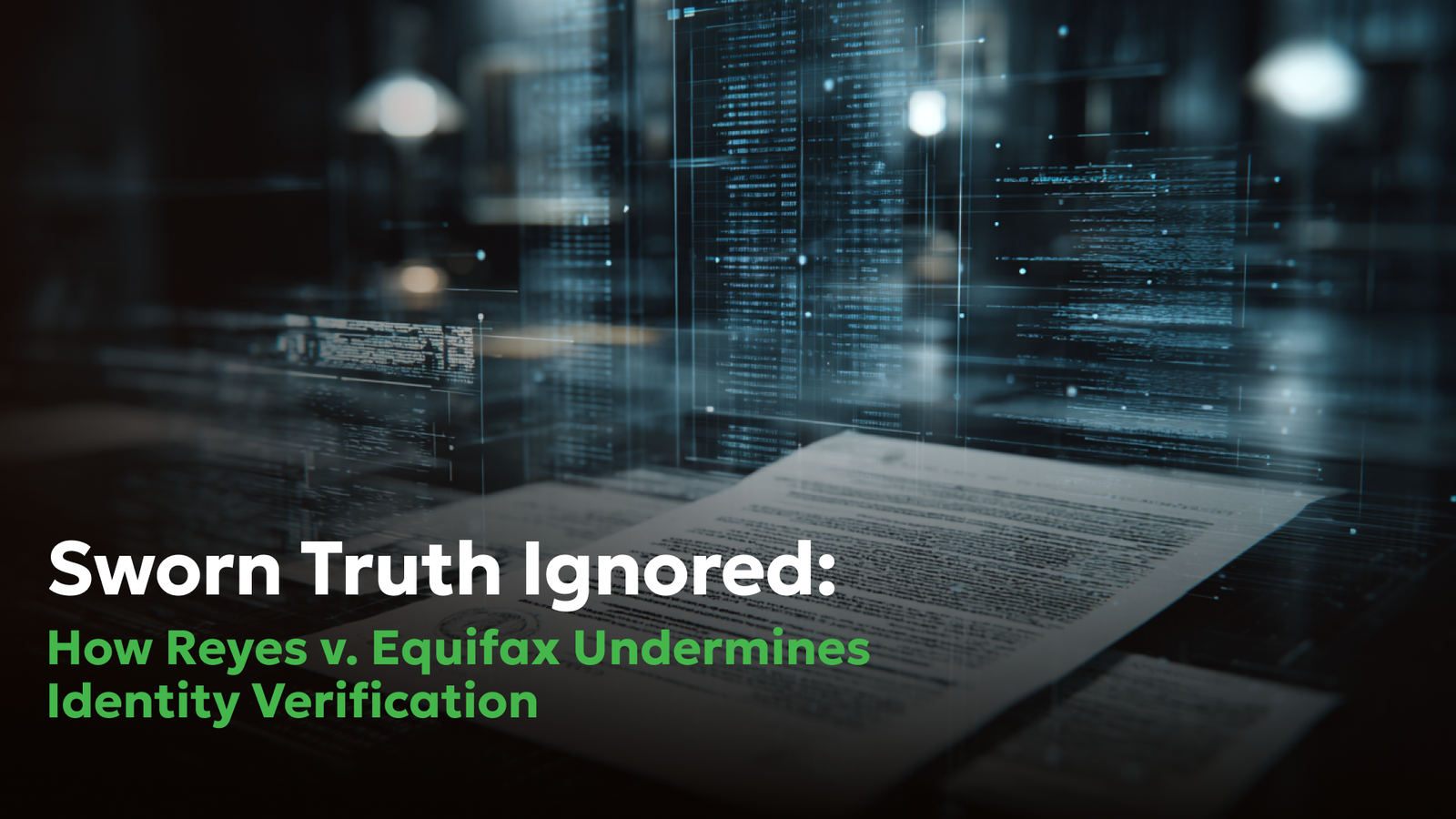What is at risk when someone steals your identity?
- Blog
- Credit Report Identity Theft
What is at risk when someone steals your identity?

The dangers of identity theft
Navigating the risks of identity theft: Essential tips to protect your personal and financial data from unauthorized use. Consumer Attorneys guide! Being a victim of identity theft can harm you in many ways, such as financially and emotionally. Find out what these ways are
Identity theft is a crime that has devastating effects on its victims. There are multiple outcomes and possible dangers. However, they can be grouped into categories.
Four things are at risk when a perpetrator steals your identity. These include your:
- Financial standing
- Emotional health
- Physical well-being
- Social and legal status
1. Financial standing
If your identity happens to be stolen, first and foremost, your financial standing is at risk. The identity thief can perform an array of criminal acts to bring your finances crumbling. They can make purchases in your name, open up accounts in your name, or even take over your investments and other financial accounts through account takeovers.
The possibilities are endless as they are calamitous.
Identity thieves can take over your financial holdings. Thus your creditworthiness, mortgage, and other investments are at risk of running into the ground.
It also creates other concerns, such as:
- Working to restore your good credit
- Closing compromised bank accounts
- Disputing an identity thief’s activity in your credit report
- Contacting the Social Security Administration if a perpetrator is still using your Social Security number
- Working with the Internal Revenue Service if you’re a victim of tax refund identity theft
If the issue becomes complicated, you may need to engage identity theft experts, and legal fees can take a toll on your finances.
2. Emotional health
Learning you’ve been a victim of identity theft triggers a jumble of emotions and questions.
The first is confusion, and then anger. Next comes more confusion, fear, and despair.
What’s more humiliating than applying for a job and having a criminal record pop up on your background check? While it might be stressful to fix, it will surely damage your reputation. Even worse, it will ruin your immediate chances of employment and put a dent in your self-esteem.
In this situation, feelings of despair are never far off.
The 2021 surveys by Identity Theft Resource Center (ITRC) put it all in perspective. Of the identity theft victims who responded to the survey, many were stressed while others felt severely anxious. Some others worried about their personal and relatives’ financial safety.
10.3% of victims grappled with suicidal thoughts.
Picking yourself up from the ruins can take a toll on your mind, leading to depression and isolation. Dealing with debt collectors also tests your emotional stamina.
3. Physical well-being
Do you know that identity theft puts your physical health at risk?
The ITRC survey reported that out of its respondents who were victims of identity theft, many feared for their physical safety. That’s totally understandable because if someone can access something as confidential as your personal information, you should be concerned about your physical self.
44% of the respondents cited health challenges due to the incident.
If the identity thief uses your identity to commit a crime, you are at risk of being arrested – something that will definitely ruffle your feathers. You could lose your home if your credit and mortgage are affected.
4. Social and legal status
Identity theft places your social and legal standing in a precarious place if not worse.
Getting your name out of the bad books takes some effort because you must give countless bits of information to law enforcement agencies. Also, many corrections will be needed since you’ll have your name next to crimes you know nothing about.
According to the ITRC survey, 37.5% of identity theft victims missed work while 16.7% of them lost out on an employment opportunity.
Identity theft even poses a challenge to your personal relationships. Since the world has grown into a cybervillage, the internet and software have made it easy for unscrupulous persons to gain access to other people’s social media accounts.
They can hack your account or create new ones impersonating you. This gives them the opportunity to ruin your relationships with your social media contacts.
If an identity thief steals your identity, your finances, emotions, physical well-being, as well as legal and social status are all at risk. However, if you need help dealing with issues concerning identity theft, you’re in the right place.
You’re welcome to contact us. We’re at your service.


Daniel Cohen is the Founder of Consumer Attorneys. Daniel manages the firm’s branding, marketing, client intake and business development efforts. Since 2017, he is a member of the National Association of Consumer Advocates and the National Consumer Law Center. Mr. Cohen is a nationally-recognized practitioner of consumer protection law. He has a we... Read more
Related Articles




R
ONGS™You pay nothing. The law makes them pay.







